Visual Enhancement using Constrained L0 Gradient Image Decomposition for Low Backlight Displays

Title
Visual Enhancement using Constrained L0 Gradient Image Decomposition for Low Backlight Displays
Authors
Soo-Chang Pei, Department of Electrical Engineering, National Taiwan University, R.O.C.
Chih-Tsung Shen, Institute of Information Science, Academia Sinica, Taiwan, R.O.C.
Tzu-Yen Lee, Graduate Institute of Communication Engineering, National Taiwan University, R.O.C.
Abstract
We propose a system to enhance the visual quality
of displays under low backlight. Our system can not
only prolong the battery life but also enhance visual
quality. First, we propose a constrained L0 gradient
image decomposition to separate base layer and
detail layer. Afterwards, we design a median-
preserving gamma correction for compensation and a
JND-based boosting for detail enhancement.
Experimental results show that our system
outperforms than the compared systems.
Download
[Matlab Code]
Our code is only for generating the results. Please refer to [1] to find the corresponding notations of matrices:
[1] L. Xu, C. Lu, Y. Xu, and J. Jia, ¨Image smoothing via L0 gradient minimization,〃 Procedding of SIGGRAPH AISA 2011, 2011.
Experimental Results (Original Input, Linear-Scaled, Ours)
The left image is the original image using full backlight(100%).
The middle image is the linear-scaled result using 40% backlight.
The right image is our simulation using 40% backlight.
Due to the constrained L0 gradient image decomposition and the median-preserving gamma correction,
we can easily find out that our system generates brighter results while preserves more details as compared to the linear-scaled one.
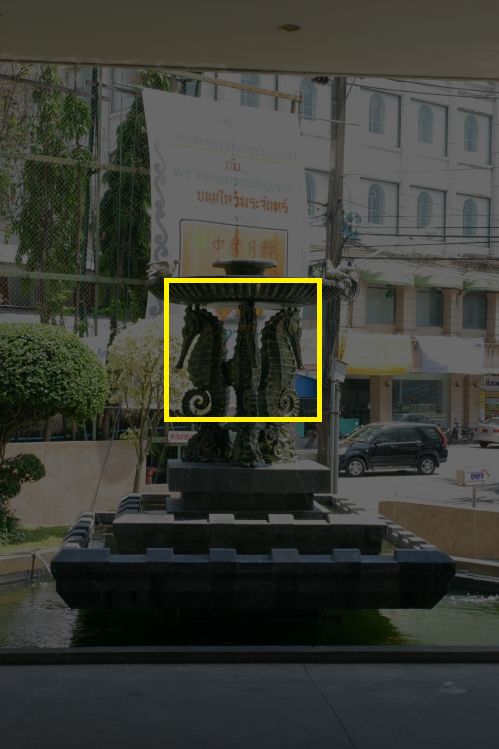
The left image is original image using 100% backlight.
The middle image is linear-scaled simulation using 40% backlight.
The right image is our simulation using 40% backlight.
Even in only 40% backlight, our system still give better visual quality as compared to the original full 100% backlight case.
Besides, our result not only maintains the bright visual quality but also enhances the dark regions, such as water and the sculptures.
The linear-scaled result cannot preserve the details, especially when the difference between the operating pixel and its neighboring pixel is lower than its JND.
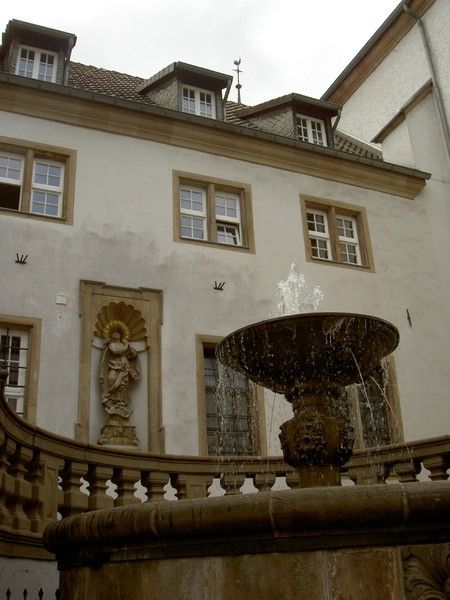
The left image is original image using 100% backlight.
The middle image is linear-scaled simulation using 40% backlight.
The right image is our simulation using 40% backlight.
Even in only 40% backlight, our system still shows the spring, the falling water and the sculpture. However, the linear-scaled method fails to show the falling water and the sculpture.
The reason of these degradations comes from the suppression to the range of the overall luminance.
If the difference is lower than JND, people cannot detect the difference and degrade the visual quality.
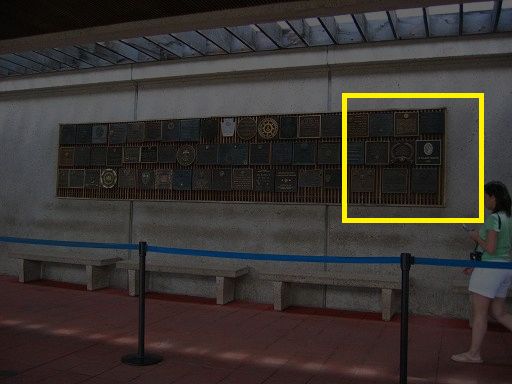
The left image is original image using 100% backlight.
The middle image is linear-scaled simulation using 40% backlight.
The right image is our simulation using 40% backlight.
As we can see that our result is brighter globally while our result is enhanced locally due to our JND-based detail boosting.
Inside the yellow rectangle, linear-scaled result fails to show the details of woods.
However, our result reveals these details successfully.
Subjective Experiments
First 15 persons:
We invite 15 persons to judge our proposed system.
5 is for good visual quality and 1 for poor quality.
| Scaling | Linear | Cheng et al. | Tsai et al. | Ours |
| 40% | 3.002 | 1.689 | 3.533 | 3.733 |
Table shows the average of our subjective experimental results under low backlight.
As we can see that our method outperforms the compared methods.
Total 25 persons:
After revision, we totally invite 25 persons to judge our proposed system.
5 is for good visual quality and 1 for poor quality.
| Scaling | Linear | Cheng et al. | Tsai et al. | Ours |
| 40% | 2.706 | 1.650 | 3.440 | 3.680 |
Table shows the average of our subjective experimental results under low backlight.
As we can see that our method outperforms the compared methods.
Real Image Data for Displays
We also provide the real image data. Please scale down your display to only 40% backlight.
[Real Image Data]
Parameter Issue ( lambda=0.05, lambda=0.01, lambda=0.001)
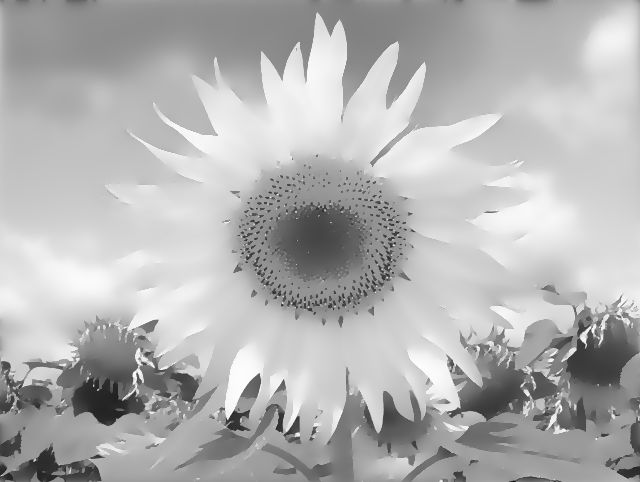
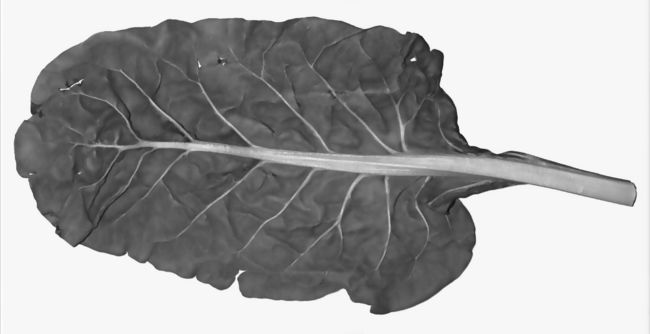

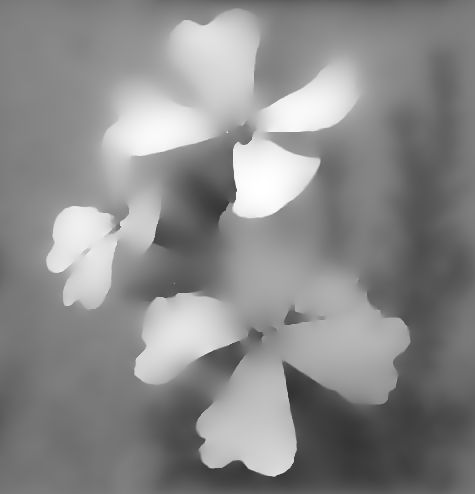
We adopt different value to balance the data term and the L0-norm of gradient.
Resuts obtained using parameter lambda = 0.001 are almost the same as the inputs. (Inputs can be founded in the slides of Real Image Data.)
Among numerous experiments, we recommand to adopt 0.01 in our constrained L0 gradient minimization.
http://www.iis.sinica.edu.tw/~ctshen/Backlit/Backlit